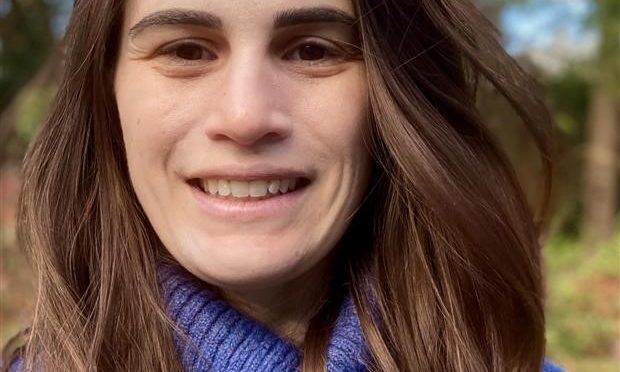
SOBC 101: Measuring the Mechanisms of Behavior Change
The United States spent $9,892 per capita on health care in 2016, yet it has some of the worst health care outcomes of any high-income nation in the world. Although many chronic diseases and other deadly conditions could be prevented through both public policy and personal behavior, more work is needed to identify interventions that can effectively lower behavioral risk factors such as lack of exercise, overeating, and substance misuse.
“Behaviors are among the most important factors that help determine whether people—our patients, our friends—will live a long and healthy life, but few interventions work really well to lead to long-lasting behavior change,” said APS Fellow Michael W. Otto (Boston University).
Otto spoke with Jeffrey L. Birk (Columbia University Irving Medical Center), alongside APS Director of Government Relations Andy DeSoto, as part of SOBC 101: The Science of Behavior Change for Psychological Scientists, a webinar recorded February 3.




